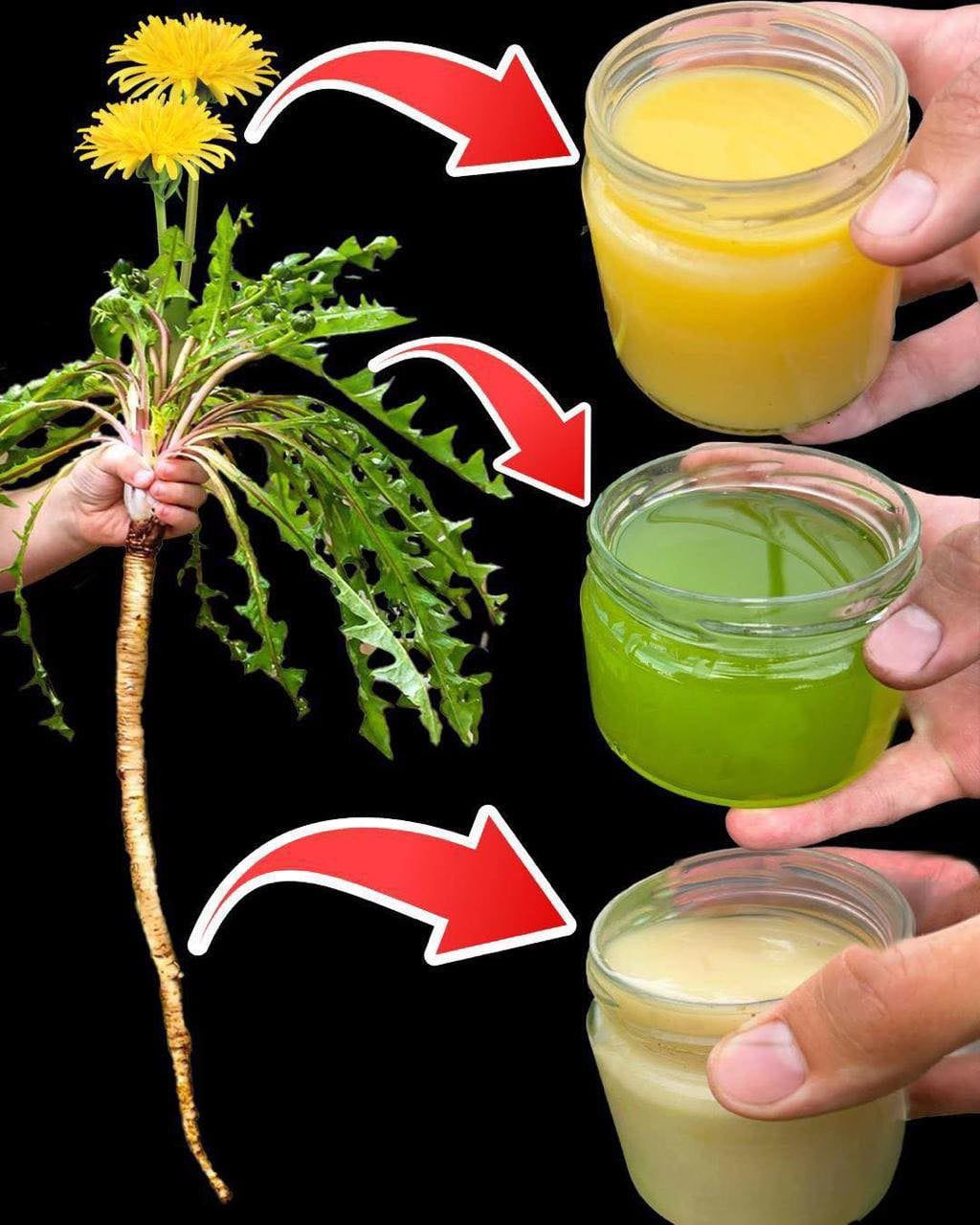Dandelion root extract has been shown to have anti-inflammatory effects and may help reduce swelling and discomfort in joints and tissues.
4. Diuretic Effects
Dandelion has long been used as a natural diuretic. It helps increase the frequency of urination, thereby promoting the excretion of excess fluids and toxins from the body. This diuretic effect makes dandelion a helpful herb for those dealing with water retention or high blood pressure.
Unlike pharmaceutical diuretics, dandelion is rich in potassium, which helps replenish electrolytes that may be lost during increased urination.
5. Immune Boosting
Dandelions contain several compounds that can help strengthen the immune system. Rich in vitamin C and antioxidants, they help protect against pathogens and reduce oxidative damage to cells. Regular consumption of dandelion can contribute to a stronger immune defense, making it a useful herb during flu and cold season.
Dandelion tea is a natural way to fight infections and support overall immune health due to its ability to increase white blood cell production and combat harmful bacteria.
Culinary Uses of Dandelion
While dandelions may be more commonly known for their medicinal applications, they also offer culinary delights. All parts of the plant are edible, and their mild, slightly bitter flavor adds depth to various dishes.
1. Dandelion Greens
Dandelion leaves are the most commonly used part of the plant in cooking. They can be added to salads, soups, or sautéed as a side dish. The flavor is similar to that of arugula or mustard greens, providing a zesty, slightly bitter note.
For a nutritious salad, combine fresh dandelion greens with other leafy vegetables such as spinach, kale, and arugula. Add olive oil, lemon juice, and a touch of honey to balance the bitterness.
Sautéed dandelion greens make a wonderful side dish when cooked with garlic, olive oil, and a dash of balsamic vinegar. They can also be added to stir-fries or omelets for a flavorful punch.
2. Dandelion Flowers
The vibrant yellow flowers of the dandelion are not only beautiful but also edible. They can be used to make dandelion jelly, wine, or even fritters. Dandelion flowers have a mild sweetness and are perfect for adding color and flavor to desserts.
Dandelion jelly is made by boiling dandelion petals with sugar, lemon juice, and pectin. The result is a fragrant, honey-like jelly that can be spread on toast or used in various desserts.
Dandelion wine, made from the flowers and sugar, is a traditional drink that has been enjoyed for generations. It takes several weeks to ferment, but the result is a refreshing, light alcoholic beverage.
3. Dandelion Roots
The roots of the dandelion are often used to make herbal teas or coffee substitutes. Dandelion root coffee has a rich, earthy flavor and is free of caffeine, making it an excellent alternative to regular coffee. It can be made by roasting the roots and brewing them in water.
see more on the next page
ADVERTISEMENT

